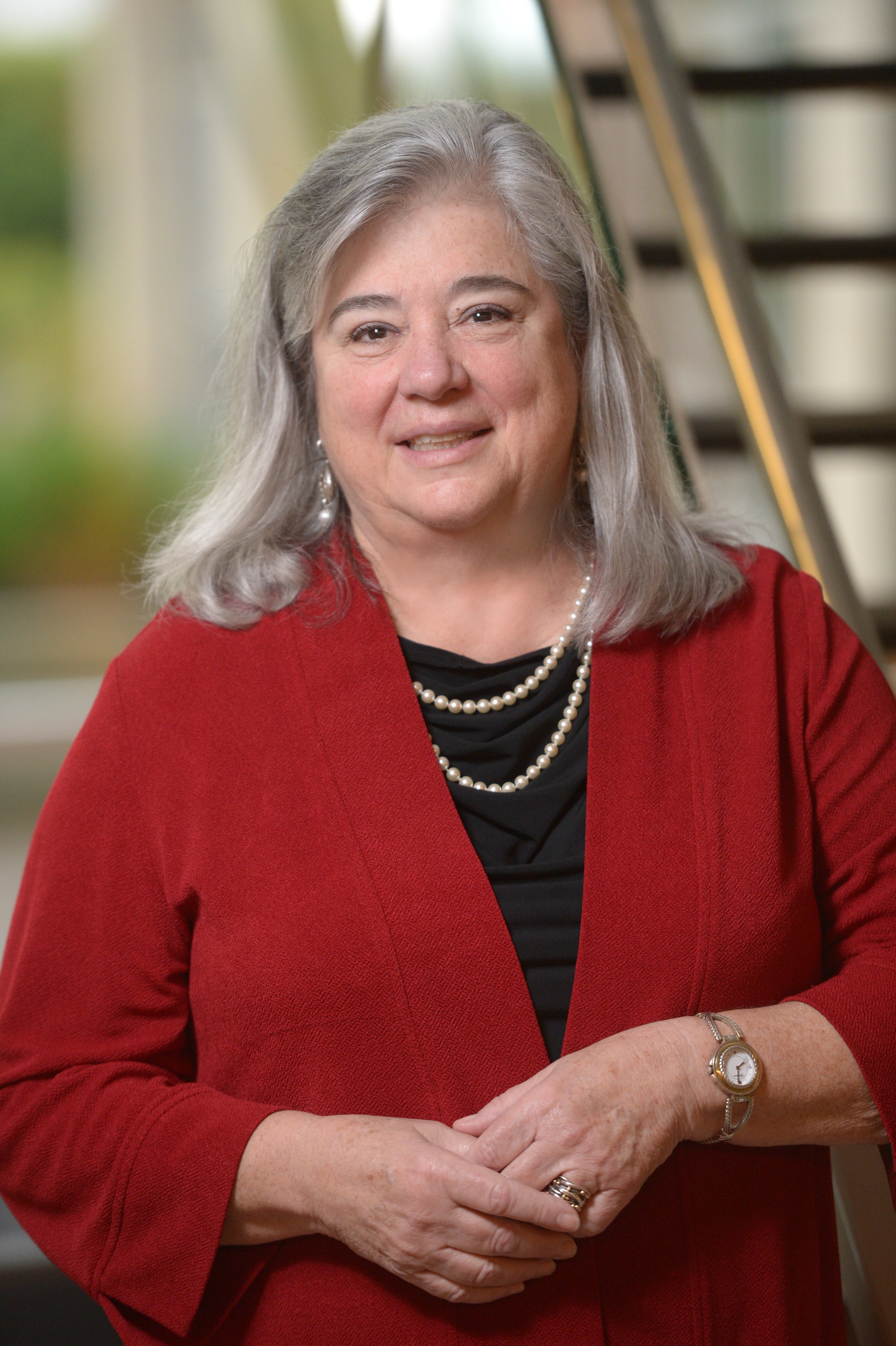We Are Four Million Nurses, Hear Us Roar
In December 2015, I titled my ONS Connect column, “I Am Nurse, Hear Me Roar,” and addressed the outcry after a talk show host diminished Ms. Colorado, a nurse who was competing in the Ms. America competition that year. Nursing united its voice to educate the talk show host, the media, and the public.

In the two years of the COVID-19 pandemic, nurses have again been able to unite our voice (https://voice.ons.org/advocacy/nursings-new-role-public-health-information-advocate) to educate the public about the virus, health protection strategies, the importance of vaccinations, and many more public health topics. We are the most trusted profession for the 20th year in a row (https://news.gallup.com/poll/388649/military-brass-judges-among-professions-new-image-lows.aspx), after all. Nurses have also revealed failures in our preparedness to fight a pandemic and other problems in our healthcare system. As Patricia Jakel, RN, MN, AOCN®, explained in an Oncology Nursing Podcast episode (https://www.ons.org/podcasts/episode-187-critical-need-well-being-and-resiliency-and-how-practice), nurses have felt honored by the public and devalued by employers, resulting in many leaving the profession, changing careers, or transferring to travel nurse agencies. The juxtaposition of being honored and feeling devalued is complex.
By fall 2021, headlines proclaimed the country was experiencing a new crisis, “the Great Resignation.” I am concerned about whether the changes our healthcare systems need will happen without a united nursing voice. The profession had prepandemic shortages in some regions and specialties more than others, and all have now increased, to even catastrophic levels in some places. The pandemic put a spotlight on what nurses want their employers to improve: compensation, staffing, professional development, and a greater voice in the organization, among others. To achieve change, we must have a path for success and a united voice.
The Future of Nursing 2020–2030: Charting a Path to Achieve Health Equity (https://www.nap.edu/catalog/25982/the-future-of-nursing-2020-2030-charting-a-path-to) provides recommendations that can be that path to success in improving our healthcare delivery system. A united nursing voice must champion the actions outlined in 9 recommendations and 54 subrecommendations.
“The nation cannot achieve true health equity without nurses, which means it must do better for nurses,” NAM wrote (https://www.nap.edu/read/25982/chapter/1#x) in the report. “They must be supported in charting a path for themselves while they work to serve others.” Pause a moment on that statement. It says the nation must do better for nurses. We must tell them how.
One example (https://www.nap.edu/read/25982/chapter/13#362) from the report can unite us: “Provide sufficient human and material resources (including personal protective equipment) to enable nurses to provide high-quality person-, family-, and community-centered care effectively and safely. This effort should include redesigning processes and increasing staff capacity to improve workflow, promote transdisciplinary collaboration, reduce modifiable burden, and distribute responsibilities to reflect nurses’ expertise and scope of practice.” Pause a moment again, and think how that one recommendation defines our advocacy.
Four million nurses can make a persuasive roar.
Your voices are critical to continuous quality improvement in the cancer care your organizations deliver. That means identifying and speaking up about the structural barriers to quality care in an informed, evidence-based approach rather than simply leaving the discussion or the profession. ONS position statements, practice standards, health policy priorities, and other resources can help you understand your value and present solutions to problems in your organization.
This year’s Congress theme, “Many Voices, Common Mission,” reinforces ONS’s mission to advance excellence in cancer nursing and quality cancer care. This tells the cancer care community that ONS is about you and your patients. We set the standard of practice for oncology nurses and define the competencies for various roles in oncology nursing. More than ever, your voice must be part of the larger voice in advocating for the profession and reversing the issues that have led to the Great Resignation.
Let us know what else ONS can do to support you as you roar when advocating for improvements in your workplace and patient care.
